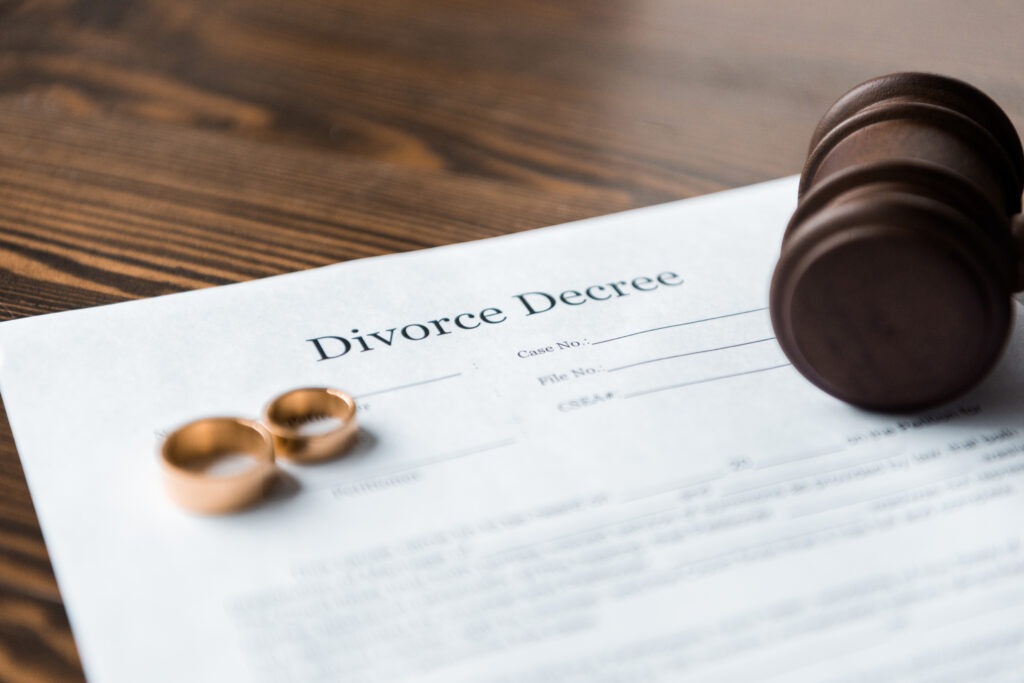Main Line Family Lawyer Discusses: Dissipation of the Marital Estate is a Factor to be Considered at Equitable Distribution

When a spouse consumes marital property or causes its decrease in value during the marriage or after separation, the other spouse may have a claim for dissipation of the marital estate at equitable distribution. Pursuant to 23 Pa.C.S. § 3502, “the contribution or dissipation of each party in the acquisition, preservation, depreciation or appreciation of the marital property” is one of the factors to be considered at equitable distribution, and should be discussed with your Main Line family lawyer.
If a spouse has consumed or caused the decrease in value of marital property during the marriage, the court may award the other spouse a greater percentage of the marital estate, or a dollar-for-dollar credit against the consumed asset. Examples of behavior that may support a potential dissipation claim include a wife that spends large amounts of marital money on a secret affair during the marriage, or a husband that withdraws all of the money in a joint banking account after separation. In certain circumstances, other behavior, such as a husband that leaves a job with unvested stock options on the table, or a wife that refuses to file joint tax returns, causing an increased marital tax liability, may support a claim for dissipation.
The Pennsylvania Divorce Code does not explicitly define dissipation. Black’s Law Dictionary (10th ed. 2014) defines dissipation as “the use of an asset for an illegal or inequitable purpose, such as a spouse’s use of community property for personal benefit when a divorce is imminent.” At least one Pennsylvania court has used this definition of dissipation. In Lizik v. Lizik, 2007 WL 5323797 (Pa. Com. Pl. Dec. 3, 2007), husband traded in a marital vehicle for a lower value than what he could have gotten for it two years prior when the parties’ son offered to purchase it. The Indiana County Court of Common Pleas, quoting the Black’s Law Dictionary definition, found that this does not rise to the level of dissipation because it was not due to any illegal or inequitable action on husband’s part.
The Delaware County Court of Common Pleas found dissipation when husband unilaterally transferred the sum of $2,502,000 to one of his business entities. Chadwick v. Chadwick, 68 Pa. D. & C.4th 369, 396 (Com. Pl. 2004). The court found that Husband’s transmission of the sum of $2,502,000 to his business entity, without the knowledge or agreement of the plaintiff, was made in an attempt to defraud the plaintiff herein and constituted a dissipation of marital property. Id. at 396. In Dolinar v. Kapton, 80 Pa. D. & C.4th 156 (Com. Pl. 2006), The Allegheny County Court of Common Pleas gave credit to a dissipation claim when, following separation, Husband stored the vehicles belonging to the parties’ limousines business outdoors, allowing them to rust. The court found that Husband should be charged with the full $50,000 of these vehicles. Id. at 175 (Com. Pl. 2006).
The above cases show that there is no one universal definition of dissipation, and the courts have found dissipation in a variety of situations. The behavior of the dissipating spouse does not need to be illegal, and it is not clear that the actions of the dissipating spouse need to be motivated by ill will or malevolent intent. A spouse could have a claim for dissipation if the other spouse simply fails to properly explain the disappearance of marital money, or causes the decrease in value of a marital asset, such as a house or an automobile. If you think your spouse has caused the dissipation of marital assets, either intentionally or unintentionally, or if you have caused the dissipation of marital assets and want to know your options, contact a Main Line family lawyer for advice.
Vetrano | Vetrano & Feinman Main Line Family Lawyers
The Main Line family lawyers of Vetrano | Vetrano and Feinman, LLC are experienced in the various aspects of divorce and family law, including separation, marital estates, prenuptial agreements, spousal or child support, and child custody. For skilled guidance through family law issues, contact us today.

Need to Talk to Us?
Our experienced family lawyers take the time to fully understand the financial and emotional complexities that can be involved in separating two lives. We offer the patience and resources to effectively guide clients through a divorce, addressing all the challenges they may face in moving forward with their lives. To learn more about how we can help protect your rights and interests in a complex divorce, contact the Pennsylvania divorce attorneys at Vetrano | Vetrano & Feinman LLC.